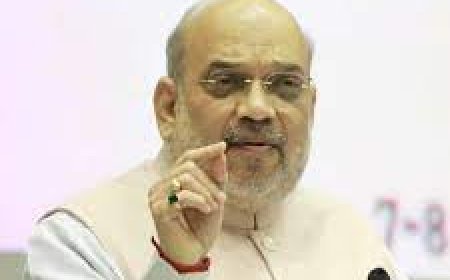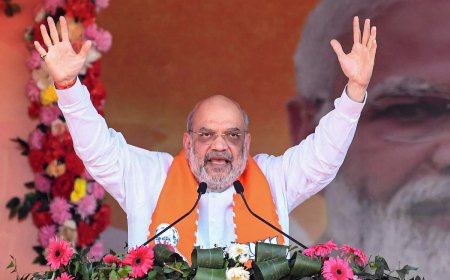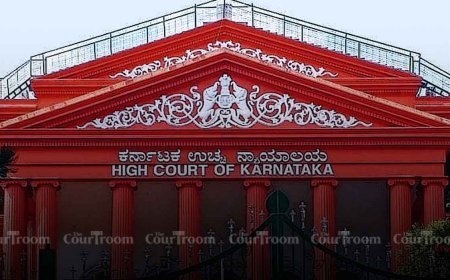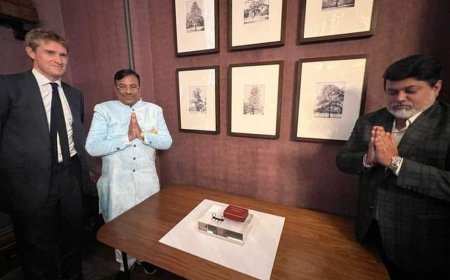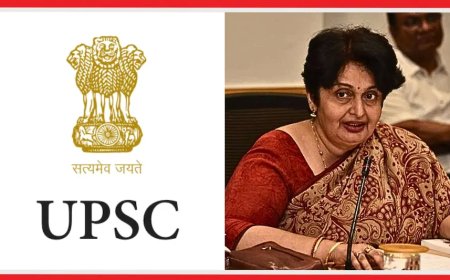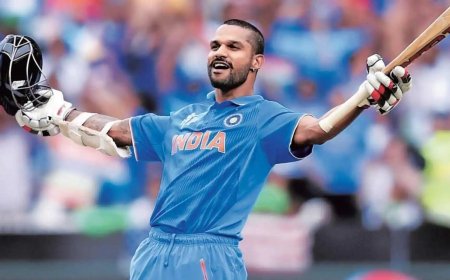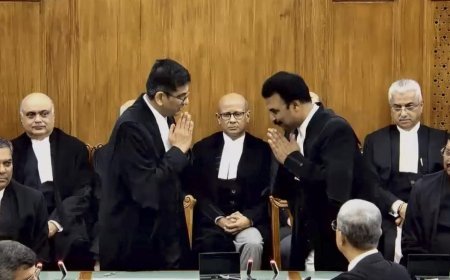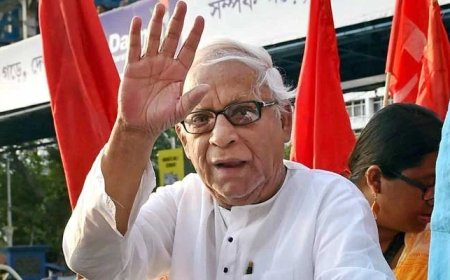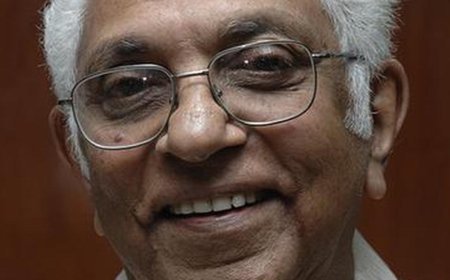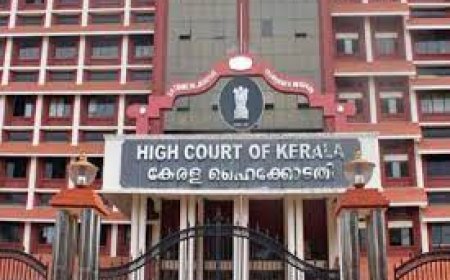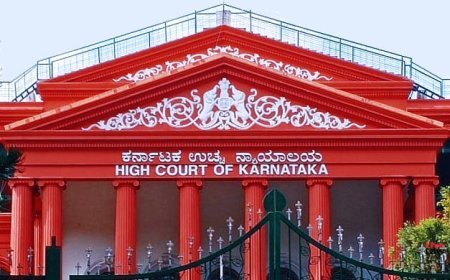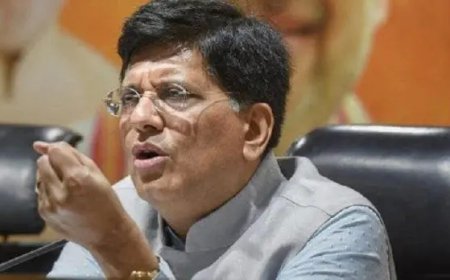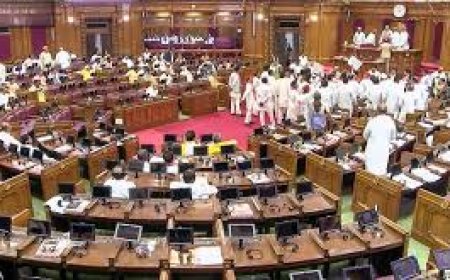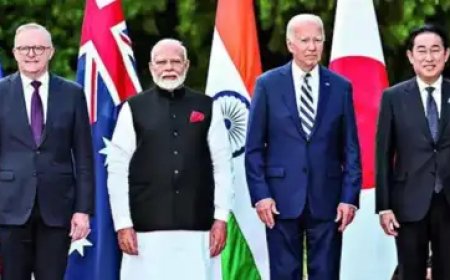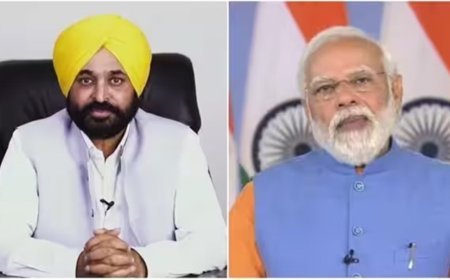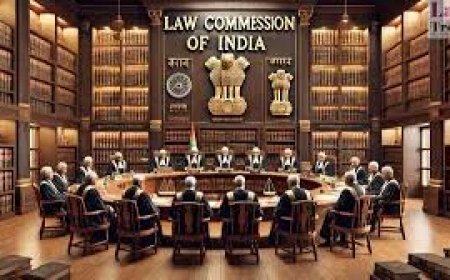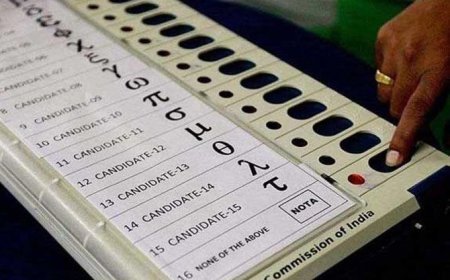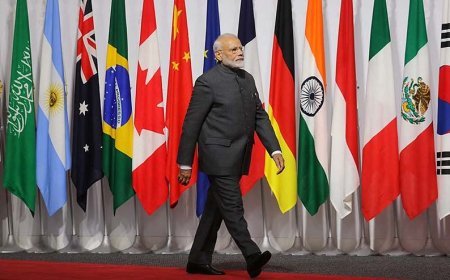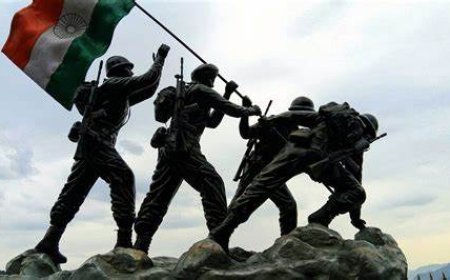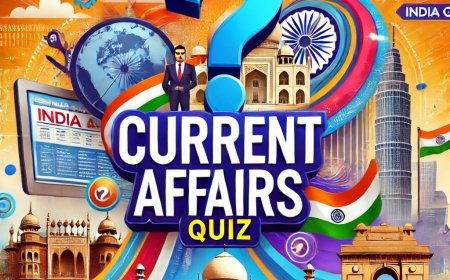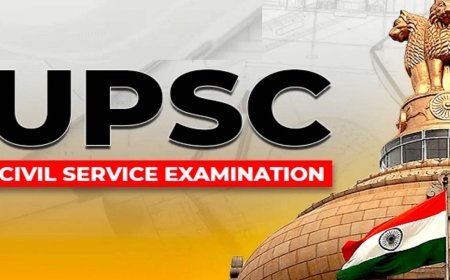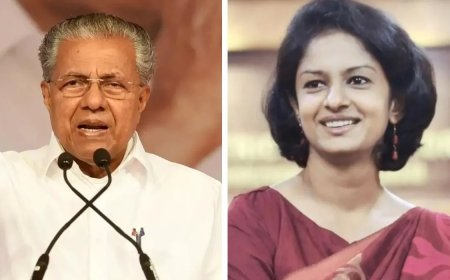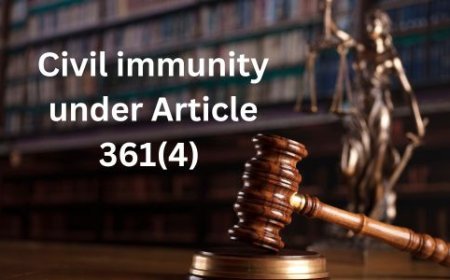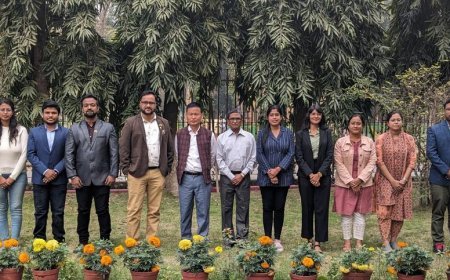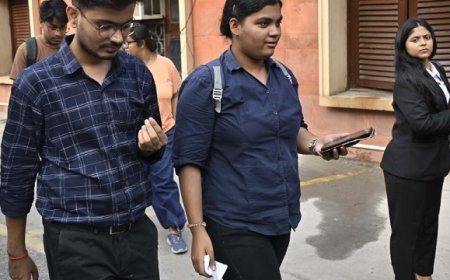Arrest and Liberty: Balancing Law Enforcement with Personal Freedom
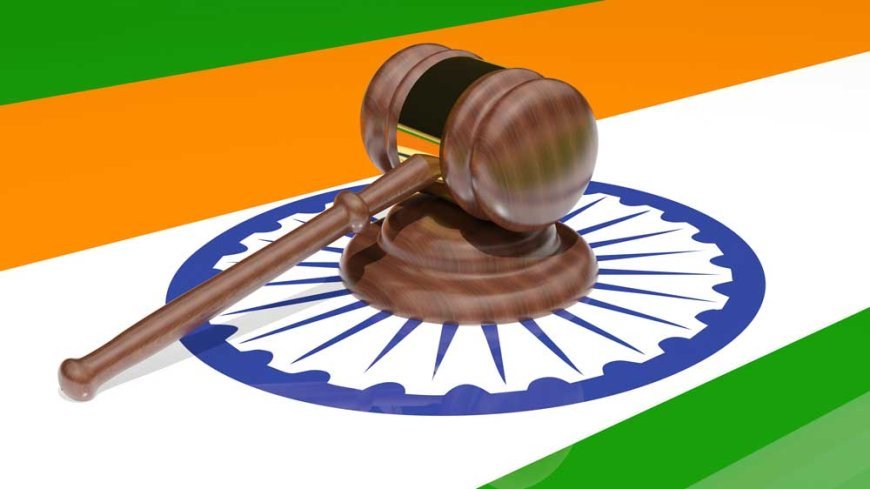
Arrest and Liberty: Balancing Law Enforcement with Personal Freedom
Syllabus: GS2/Polity and Governance
Context
The Supreme Court of India recently reiterated the importance of balancing the power of arrest with the protection of personal liberty. This comes amid growing concerns about the misuse of arrest powers by law enforcement agencies, leading to debates about the right to liberty under Article 21 of the Indian Constitution.
Supreme Court's Stance on Arrests
In several landmark rulings, the Supreme Court has emphasized that the power to arrest must not be exercised indiscriminately. The Court has clarified that just because the law permits an arrest does not mean it should be used arbitrarily. The principle of "arrest as an exception, not the rule" has been underscored, highlighting that personal liberty should only be curtailed when absolutely necessary.
Guidelines on Arrest and Bail
The Supreme Court has issued comprehensive guidelines to ensure that the process of arrest and subsequent bail respects the fundamental rights of individuals. Key aspects include:
1. Written Grounds for Arrest:
o Law enforcement agencies must provide written reasons for arresting an individual. This ensures transparency and allows the accused to seek legal counsel and challenge the arrest if necessary.
2. Proportionality and Necessity:
o Arrests should be made only when they are proportionate to the offense and necessary for the investigation. Alternatives to arrest, such as summons or notices, should be considered first.
3. Judicial Oversight:
o Courts must scrutinize the reasons for arrest and ensure that they align with constitutional safeguards. Judges are advised to question the necessity of detention and consider bail applications promptly.
Recent Cases and Judicial Interventions
In the case of Prabir Purkayastha, the editor-in-chief of NewsClick, the Supreme Court declared his arrest under the Unlawful Activities (Prevention) Act (UAPA) as illegal, citing the lack of written grounds for his detention. This ruling reinforced the need for strict adherence to procedural safeguards in arresting individuals under stringent laws like UAPA.
Similarly, the Court has limited the powers of the Enforcement Directorate (ED) under the Prevention of Money Laundering Act (PMLA), ruling that individuals cannot be arrested without the consent of special courts. This decision was aimed at preventing the misuse of the PMLA's provisions to curtail personal liberty arbitrarily.
Constitutional and Legal Framework
Article 21 of the Indian Constitution guarantees the right to life and personal liberty. The Supreme Court has consistently interpreted this article to mean that any deprivation of liberty must follow due process of law. This includes fair procedures, transparency, and judicial oversight.
The Code of Criminal Procedure (CrPC), 1973, provides the legal framework for arrests in India. While it grants police officers the authority to arrest individuals, it also includes safeguards to prevent abuse of power. These safeguards are bolstered by Supreme Court guidelines, which aim to strike a balance between law enforcement needs and individual rights.
Challenges and Way Forward
Despite the legal safeguards, the arbitrary use of arrest powers remains a concern. Issues such as lack of awareness among law enforcement officers, inadequate training, and pressure to show results often lead to misuse of arrest provisions. To address these challenges:
- Training and Sensitization:
- Regular training programs for police officers and judicial officers on the constitutional and legal aspects of arrest and personal liberty can reduce instances of misuse.
- Public Awareness:
- Educating the public about their rights during arrest and detention can empower individuals to challenge unlawful arrests and seek redress.
- Judicial Vigilance:
- Courts must continue to vigilantly scrutinize arrests and ensure that procedural safeguards are strictly followed.
Conclusion
The Supreme Court's emphasis on balancing the power of arrest with the protection of personal liberty underscores the importance of constitutional safeguards in a democratic society. Ensuring that arrests are made transparently, proportionately, and under judicial oversight is crucial to upholding the rule of law and protecting individual freedoms. As India continues to evolve its legal and judicial frameworks, maintaining this balance will be essential to safeguard the fundamental rights of all citizens.
What's Your Reaction?









